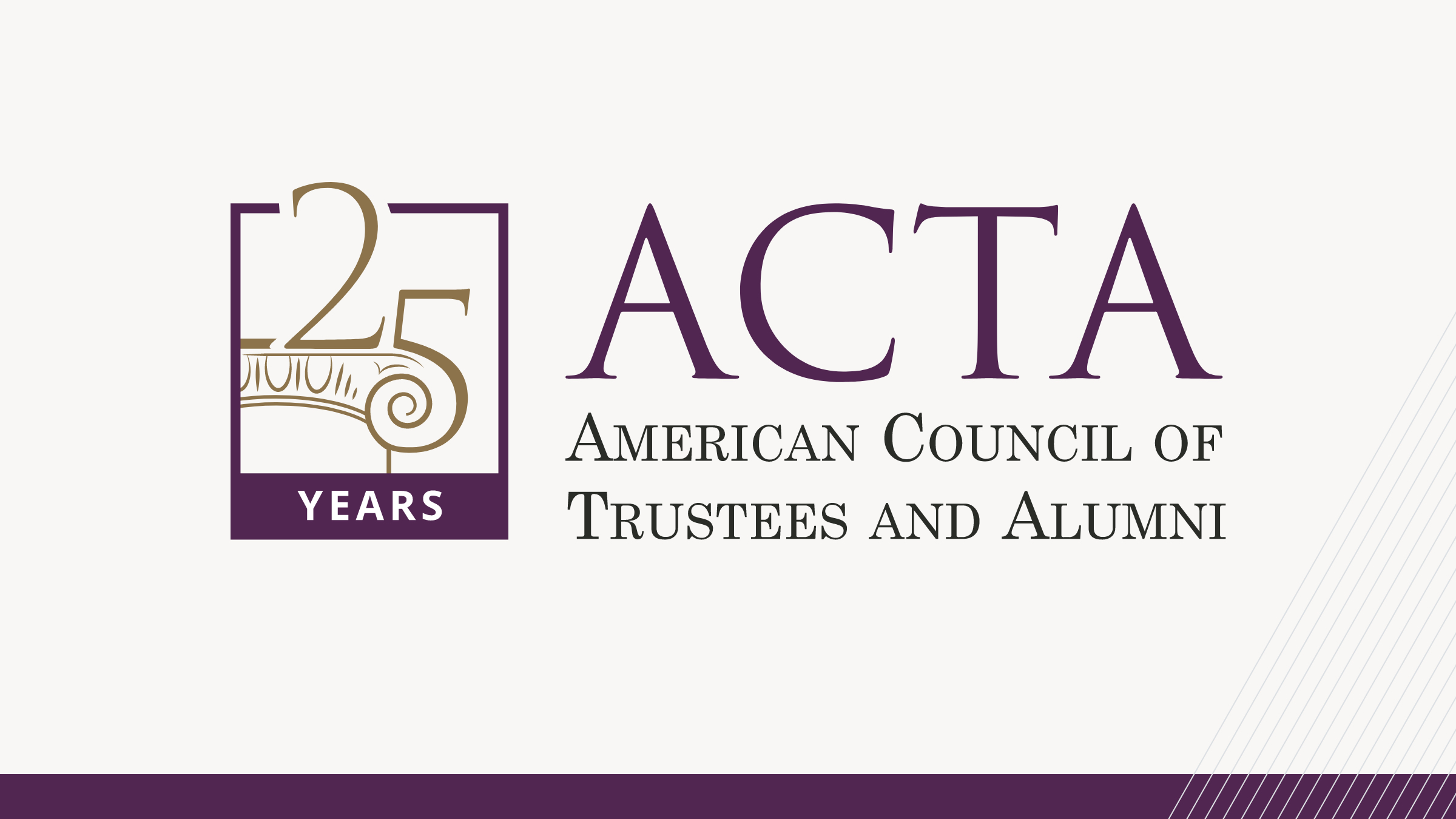The future of higher education in the United States is uncertain. Prior to the COVID-19 pandemic, the U.S. Department of Education passed new regulations for accreditation as an integral component of Secretary of Education Betsy DeVos’s “Rethink Higher Education” agenda. The regulations—which were passed back in November of 2019, before the pandemic hit—will help colleges and universities as they seek to fulfill the demand for online learning while maintaining academic excellence.
Students across the country face an upcoming semester that will look nothing like semesters past. Due to the COVID-19 pandemic, colleges and universities have taken precautions such as socially-distanced classrooms and hybrid or fully online learning initiatives. As institutions grapple with these changes, the Department of Education’s Rule 84 FR 58834 loosens a regulatory hurdle that burdens many schools: the process of updating and changing general education programs, which is often monotonous and drawn out. The proposed rule would “revise the requirements for accrediting agencies in their oversight of member institutions and programs to be less prescriptive and provide greater autonomy and flexibility to facilitate agility and responsiveness and promote innovation.” This would allow colleges and universities to alter general education programs and academic programs with more ease and less regulatory oversight.
The new rule could work in favor of colleges and universities moving to remote platforms. Making room for innovation will be essential as schools expand and create new online programs. It is an incredibly difficult task to take learning initiatives and requirements that are supposed to be completed in person and move them online while still keeping the same academic rigor. Greater autonomy allows colleges to streamline courses and extend the accessibility of remote learning to more students. Calling on accreditors to make student learning and academic excellence their priority when overseeing institutions will incentivize schools to develop rigorous programs, in both traditional and online classrooms.
Rule 84 FR 58834 states that “the Department is hopeful that changes in these regulations will make it easier for institutions to voluntarily set policies that promote competition, support strong academic rigor, and allow qualified credits to transfer. . . . One objective of this policy is to increase students’ academic and career mobility, by making it easier for students to transfer credits to continue or attain an additional degree at a new institution . . .” In addition to curricular oversight and a smoother credit transfer process, the rule also promotes and sets standards for regulating distance education, which students across the nation are now well acquainted with. It stipulates that institutions that offer distance education in a state in which they are not physically located must meet “that State’s requirements to be legally offering distance education in that state.” Holding colleges accountable for the standards of education that they offer in other jurisdictions will help ensure that online instruction is on par with the quality of in-person higher education models.
Online and hybrid learning environments are not going anywhere—in fact, they are quickly becoming the new normal. This was evident long before the pandemic, as evidenced by the timeliness of the 2019 Department of Education regulations. The new changes will help schools adapt in response to the dramatic acceleration of the move to online learning. As they implement the changes and expand online programs, colleges must make maintaining high standards their highest priority so that students receive the best and most rigorous education possible on remote platforms.
Madeline K. Berzak is an academic affairs intern at ACTA and a rising junior at American University.
